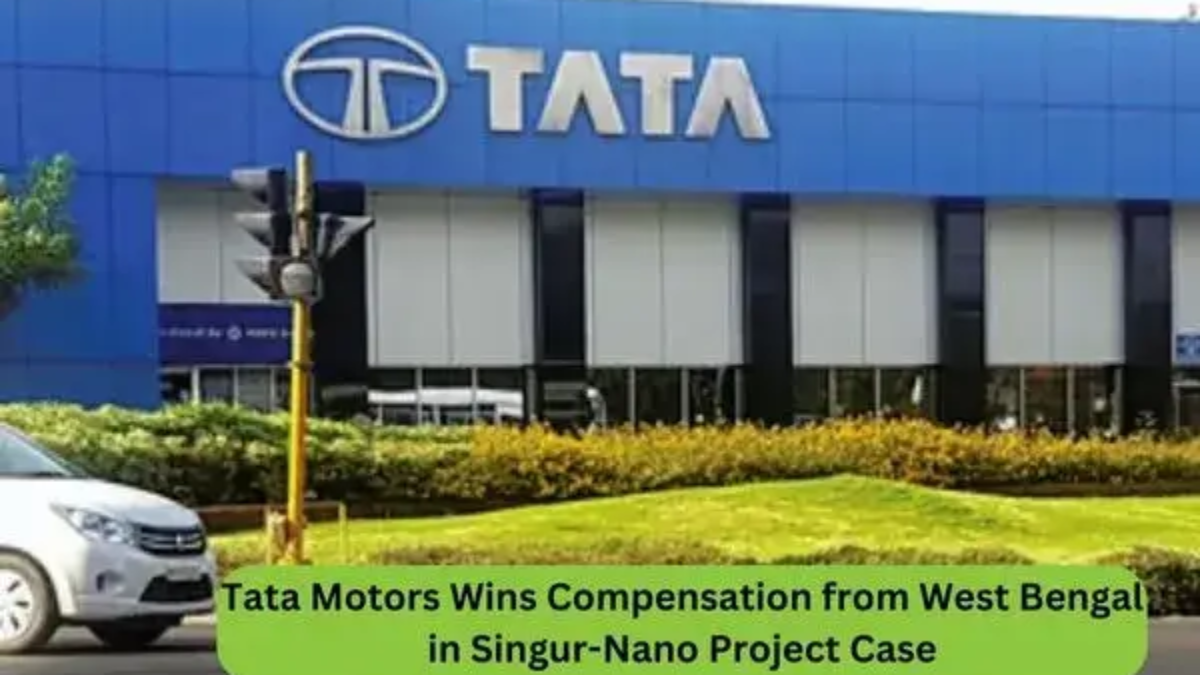The arbitration tribunal grants the company’s request to recoup Rs. 766 crore from the state in the Nano Project Case, plus interest.
According to Tata Motors Ltd., an arbitration panel has decided in the firm’s favor to recover from the West Bengal Industrial Development Corp. Rs 766 crore plus interest for the Singur-Nano project, which the business was forced to abandon.
Tata Motors said in an exchange filing on Monday that a three-member arbitral tribunal has unanimously decided that the automaker is entitled to recover Rs. 765.8 crore, along with interest at the rate of 11% annually from September 1, 2016, until the actual recovery of such amount from WBIDC. The company is permitted to recover Rs 1 crore as litigation expenses.
In order to make up for the loss of the capital investments made to establish an auto manufacturing facility in Singur, the company filed a compensation claim with WBIDC. The statement stated that the arbitral proceedings had concluded with the award.
After objections against land acquisition at the Singur location in West Bengal, the corporation shifted the Nano project to Sanand, Gujarat, in October 2008.
In 2006, the Left Front government of West Bengal declared that Tata would establish a car manufacturing facility to introduce its cost-effective ‘Nano’ model, allotting over 1,000 acres of land for this purpose. The following year, Tata Motors started building the facility in Singur.
Mamata Banerjee, the chief minister of West Bengal and the leader of the Trinamool Congress, spearheaded the protest against land acquisition by declaring an indefinite hunger strike while she was in the opposition. The Tata Group Corporation declared its withdrawal from the state following months of turmoil and political agitation. The dispute eventually developed into a protracted court battle involving the state government and the firm.
The business had contested a 2011 law that allowed the authorities to seize the property. The Singur Act was ruled invalid by the Calcutta High Court in June 2012, thereby restoring the company’s rights under the land lease agreement.
Tata Motors did not acquire ownership of the land in spite of this. In August 2012, the state government appealed to the Supreme Court. The Supreme Court ordered that the property be returned to the landowners in August 2016 after ruling that the West Bengal government had acquired the land illegally for the Nano project.
Tata Motors did not acquire ownership of the land in spite of this. In August 2012, the state government appealed to the Supreme Court. The Supreme Court ordered that the property be returned to the landowners in August 2016 after ruling that the West Bengal government had acquired the land illegally for the Nano project.

